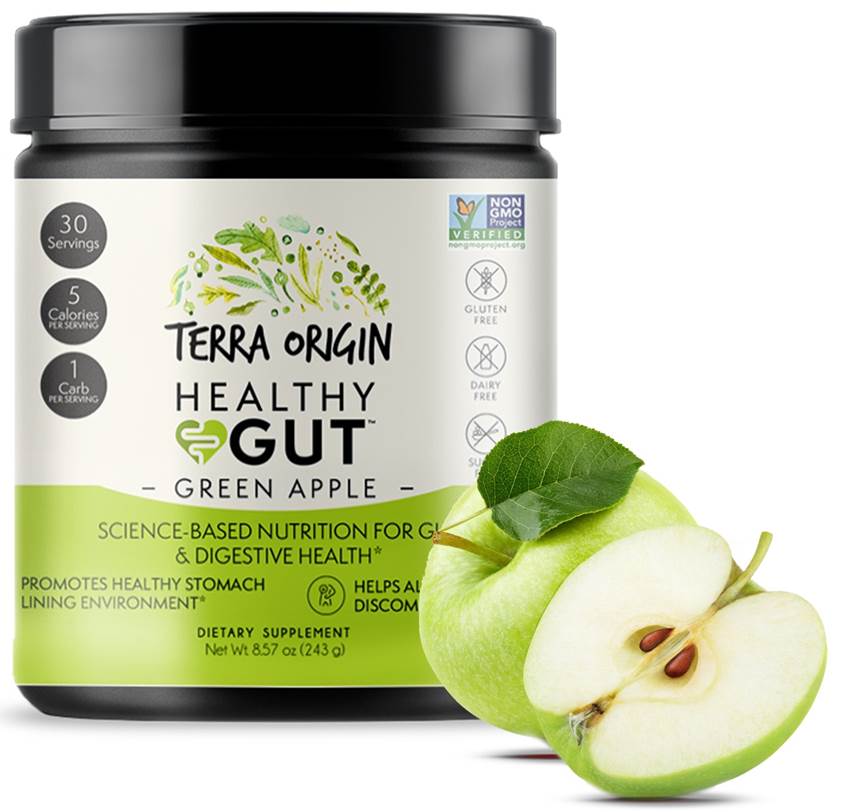Discover the Key to Food Digestion and Immunity With Gut Health And Wellness Support

Comprehending Intestine Wellness
Comprehending intestine health and wellness is important for total well-being, as it plays a substantial role in food digestion, immunity, and also psychological health and wellness. The intestine, comprising the gastrointestinal tract, is in charge of breaking down food, absorbing nutrients, and eliminating waste. A balanced digestive tract setting makes certain reliable digestion, allowing the body to utilize nutrients properly.
Moreover, digestive tract health considerably impacts the immune system. The digestive tract houses a considerable section of the body's immune cells, and a healthy digestive tract can aid fend off virus and decrease swelling. Disturbances in digestive tract health and wellness can lead to an overactive immune action, possibly adding to autoimmune disorders and allergic reactions.
In addition, the gut is commonly referred to as the "second brain" as a result of the gut-brain axis, a complicated communication network linking the brain and the gut. This link influences mood, cognition, and emotional health. Issues such as dysbiosis, defined by an imbalance in gut germs, have actually been connected with mental wellness conditions, consisting of anxiousness and clinical depression.
The Digestive Tract Microbiome Explained

The intestine microbiome, a diverse area of microorganisms staying in the stomach system, plays a pivotal role in keeping digestive health and wellness and general wellness. Making up trillions of bacteria, infections, fungis, and other microorganisms, this facility ecosystem help in the food digestion of food, the synthesis of essential nutrients, and the regulation of metabolic processes.
Each person's digestive tract microbiome is one-of-a-kind, influenced by variables such as diet, lifestyle, genes, and environmental direct exposures. A well balanced microbiome sustains ideal food digestion by breaking down complicated carbs, creating short-chain fats, and promoting the absorption of nutrients. Alternatively, an imbalance, usually described as dysbiosis, can lead to digestion disorders, consisting of cranky bowel disorder (IBS) and inflammatory digestive tract condition (IBD)
Research study has shown that a diverse microbiome is connected with much better health outcomes, highlighting the value of dietary options in supporting these microorganisms. Foods rich in fiber, probiotics, and prebiotics, such as fruits, veggies, and fermented products, can promote a healthy microbiome. Comprehending the intestine microbiome is essential for establishing targeted interventions focused on improving digestion health and stopping stomach diseases.

Link Between Digestion and Resistance
A robust connection exists between digestion and immunity, highlighting the vital role of the gut in keeping general health and wellness. The gastrointestinal system is home to trillions of microorganisms that create the gut microbiome, which dramatically influences both digestive processes and immune feedbacks. This facility ecosystem aids in damaging down food, taking in nutrients, and offering necessary metabolites that sustain immune function.
When digestion is reliable, the digestive tract obstacle continues to be intact, preventing damaging microorganisms from getting in the blood stream (gut health supplement). Alternatively, poor digestion can result in an inequality in the microbiome, resulting in dysbiosis, which has actually been connected to various wellness issues, including inflammatory disorders and autoimmune conditions. Approximately 70% of the immune system lives in the gut-associated lymphoid tissue (GALT), which communicates carefully with the gut microbiome. This Learn More Here interplay guarantees that the body immune system can effectively compare harmful and beneficial substances.
Tips for Sustaining Intestine Health And Wellness
Supporting digestive tract health is essential for keeping both digestion efficiency and a well-functioning immune system. To cultivate ideal intestine health and wellness, think about incorporating several useful techniques right into your daily regimen.
First, focus on hydration. Drinking adequate water supports food digestion and helps preserve the mucosal cellular lining of the intestines. Additionally, normal physical task can enhance digestive tract motility and advertise a varied microbiome.
Conscious eating practices are additionally necessary. Eating food extensively and eating gradually can aid food digestion and prevent overeating, which may emphasize the digestive tract. Moreover, handling tension through techniques such as reflection, yoga, or deep-breathing exercises can positively influence digestive tract health, as anxiety is known to interrupt digestive system procedures.
Incorporating prebiotics and probiotics right into your regimen is an additional effective method. While specific foods will certainly be talked about later, understanding the relevance of these parts is critical. Prebiotics function as food for valuable intestine microorganisms, while probiotics introduce real-time beneficial microorganisms.
Finally, avoid extreme use of anti-biotics, as they can interfere with the balance of digestive tract vegetation. By adhering to these suggestions, you can considerably add to the upkeep of a healthy gut, which is important for overall health and vitality.
Foods That Promote Gut Health

Fermented foods, such as yogurt, kefir, sauerkraut, and kimchi, are abundant in probiotics, which are valuable microorganisms that sustain intestine flora and boost food digestion. These foods can aid restore balance in the digestive tract, specifically after antibiotic usage or digestion disturbances.
Along with fermented options, prebiotic foods, such as garlic, onions, asparagus, and bananas, serve as sustenance for these probiotics, promoting their development and task. These soluble fibers sustain intestine motility and can relieve concerns like bowel irregularity.
In addition, incorporating high-fiber foods, consisting of entire grains, vegetables, fruits, and veggies, is crucial for keeping a visit our website healthy and balanced digestive tract. Fiber help in routine digestive tract movements and helps prevent digestion disorders.
Lastly, omega-3 fats located in fatty fish, flaxseeds, and walnuts have anti-inflammatory buildings that can better sustain digestive tract health and wellness. Stressing these foods in your diet can lead to a durable gastrointestinal system and improved immune function.
Conclusion
In conclusion, focusing on digestive tract health is essential for enhancing digestion and enhancing resistance. A well balanced digestive tract microbiome, affected by nutritional selections and way of life aspects, plays an essential function in nutrient absorption and swelling reduction.
Comprehending digestive tract health is essential for total health, as it plays a their explanation significant function in digestion, immunity, and also psychological health and wellness. The digestive tract houses a substantial part of the body's immune cells, and a healthy and balanced intestine can help fend off microorganisms and reduce swelling.Furthermore, the gut is often referred to as the "second brain" due to the gut-brain axis, a complex interaction network connecting the digestive tract and the mind.A robust link exists between digestion and immunity, highlighting the crucial function of the gut in preserving overall health and wellness.In conclusion, prioritizing digestive tract wellness is necessary for optimizing food digestion and boosting resistance.